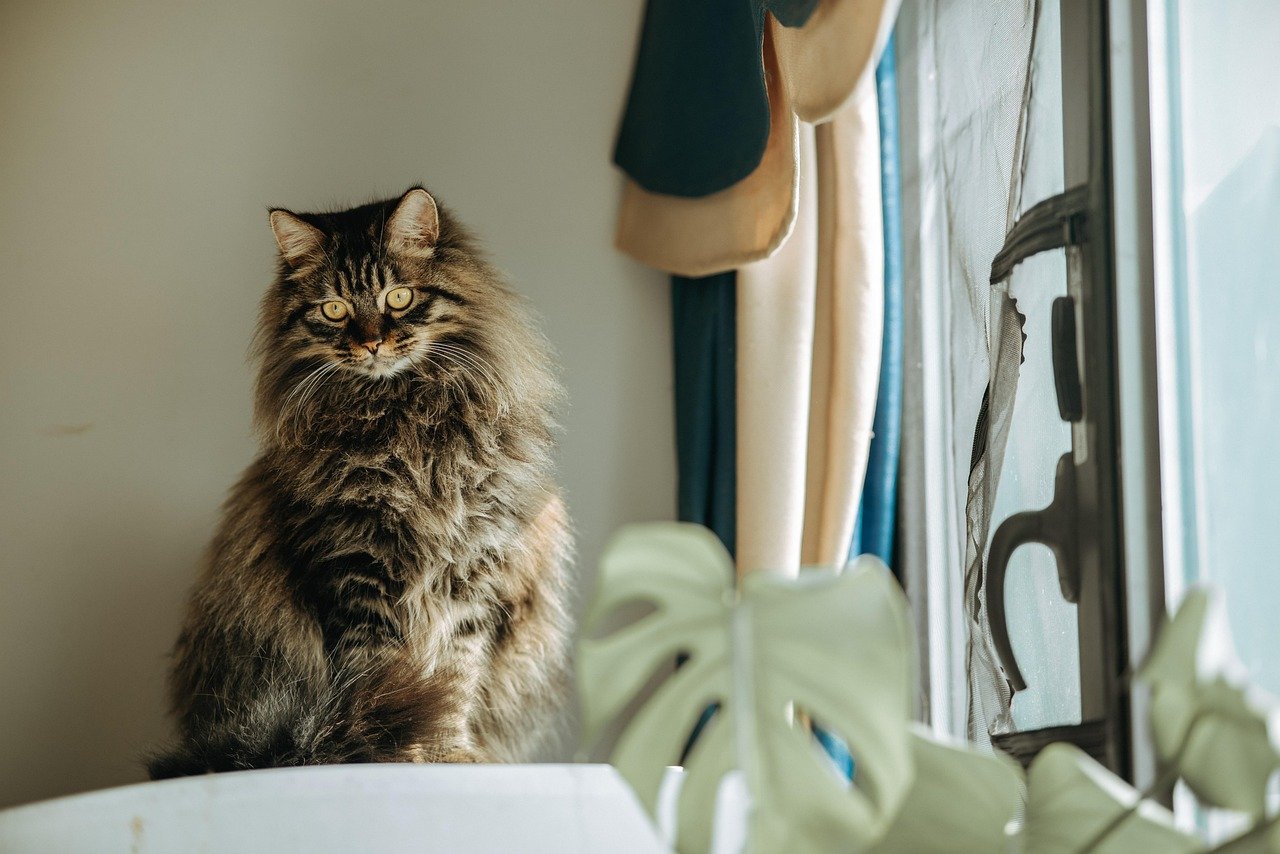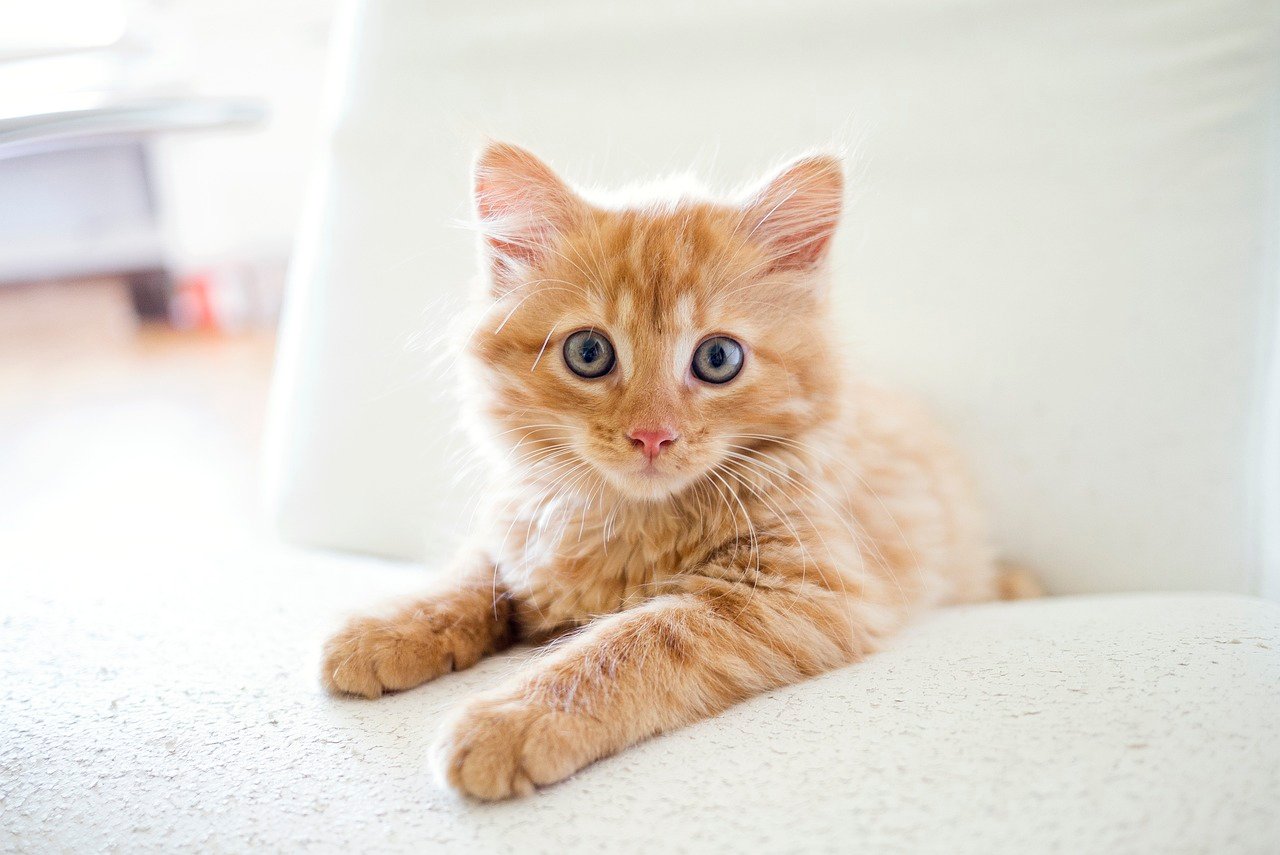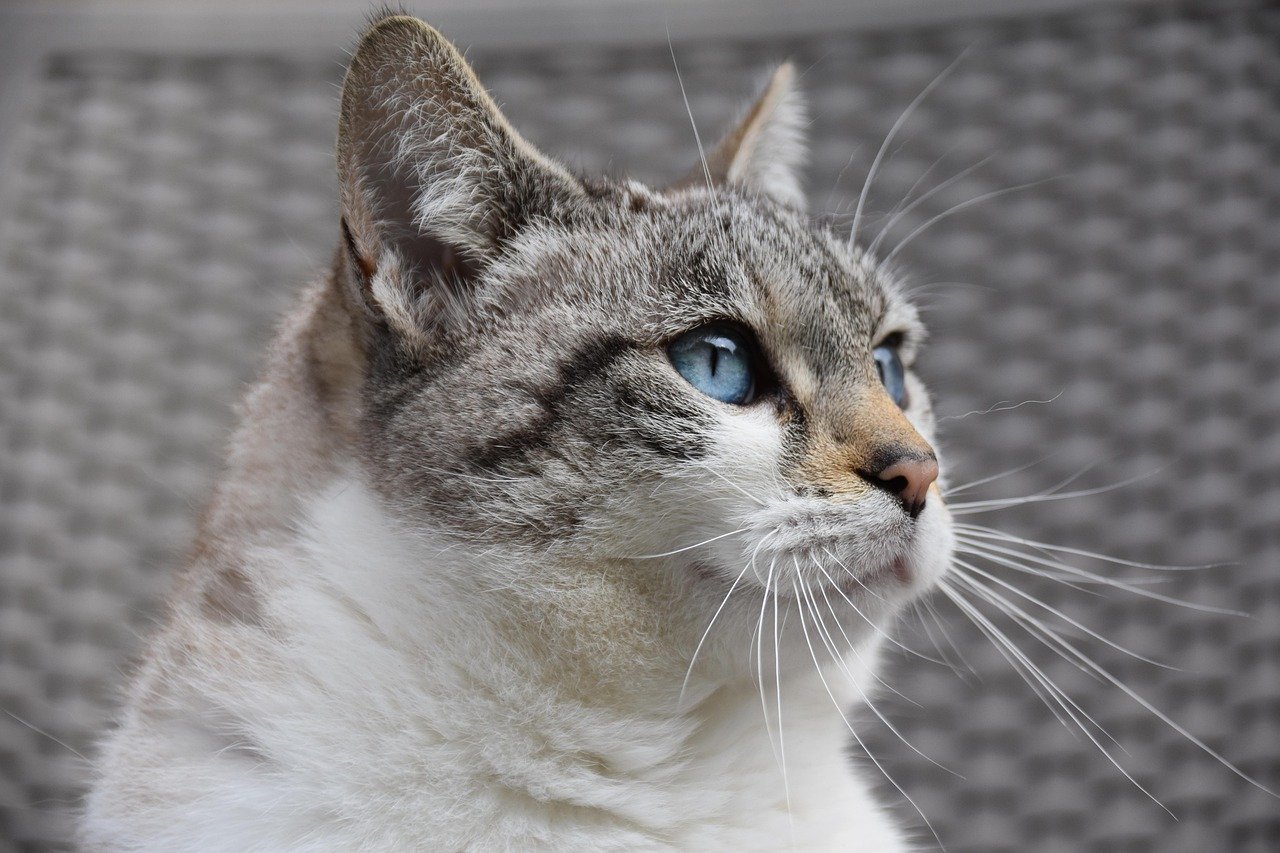Ever feel like your cat’s eyes are little spotlights following your every move? You’re not alone! Many cat lovers have experienced that intense, thoughtful feline gaze—sometimes it feels loving, other times downright mysterious. But don’t worry, your kitty isn’t plotting world domination (well, probably). That unblinking stare is full of meaning, and understanding it can make you feel even closer to your furry friend. Let’s unravel the mystery together and discover what’s really behind those captivating cat stares.
Your Cat Wants Your Attention

Cats are masters at getting what they want, and staring is one of their favorite tools. If your cat fixes their gaze on you, especially at mealtimes or when you’re busy, they may just want a little love—or a tasty snack. Sometimes, a gentle head tilt and wide-eyed look is their way of saying, “Hey, don’t forget about me!”
This behavior is more common in cats who are bonded tightly with their humans. It’s their adorable way of communicating needs without making a sound. If you respond with a pet or a treat, you’re reinforcing the cycle—so expect more staring!
Curiosity About Your Actions

Cats are naturally curious creatures. They love to observe everything in their environment, especially their favorite human. If you’re doing something new—like opening a strange package or rearranging furniture—your cat will watch closely. It’s their way of learning about the world and staying safe.
Sometimes, your actions might even remind your cat of play. Waving objects or sudden movements can spark their hunting instincts, making them laser-focused on you. Think of it as feline people-watching, with you as the main attraction!
Seeking Comfort and Security
When cats stare at their humans, they’re often looking for reassurance. Your familiar face and scent make them feel safe, especially in a noisy or unpredictable home. A calm, steady gaze can be your cat’s way of grounding themselves and finding comfort in your presence.
If your cat stares at you while kneading or purring, it’s a strong sign they trust you deeply. They may even blink slowly—a “kitty kiss” that signals affection. Return the gesture with a slow blink of your own to strengthen your bond.
Health Check: Is Something Wrong?
Unusual staring can sometimes signal discomfort or illness, especially if paired with changes in behavior like hiding, aggression, or loss of appetite. Cats are experts at hiding pain, but their eyes can speak volumes if you know what to look for.
If your cat’s stare feels different—perhaps glassy, unfocused, or accompanied by dilated pupils—it’s worth paying attention. These could be warning signs that your kitty needs a vet visit. Trust your instincts; you know your cat’s “normal” better than anyone.
Reading Your Mood
Cats are surprisingly sensitive to their owners’ emotions. They may stare to gauge your mood, especially if you seem upset or stressed. This is their way of checking in, like a furry little therapist who can’t talk but is always there.
You might notice your cat drawing closer and watching quietly during tough times. Their gaze is gentle, supportive, and oddly comforting—sometimes all you need to feel a little less alone.
Territorial Instincts and Vigilance
In the wild, cats are both predators and prey. They keep a close eye on their surroundings, including the people in their territory. If your cat stares at you from across the room, they may just be making sure everything is as it should be.
This watchful behavior is especially common in new environments or when visitors are around. Your cat wants to know that you—and their territory—are safe from anything unexpected.
Communication Without Words
Not all feline communication is vocal. Cats use body language, including staring, to “talk” to us. A direct stare can mean many things: interest, affection, or a request for interaction. Context is everything—watch for other cues like tail position, ear movement, and whisker direction.
For example, a relaxed cat with soft eyes is probably feeling content. But if the stare is accompanied by a twitching tail or flattened ears, your cat might be anxious. Learn your cat’s cues and you’ll be able to “read” them like a book.
How to Respond to the Stare

If your cat’s stare makes you feel loved, go ahead and return the favor! Try a slow blink or a gentle head scratch. If they seem anxious or demanding, offer comfort or distract them with a toy.
Remember, staring is normal for cats—it’s just one of the many ways they connect with us. By tuning into their needs and responding with patience and kindness, you’ll deepen your bond and keep your cat feeling happy and safe.

Linnea is a born and bred Swede but spends as much time as possible in Cape Town, South Africa. This is mainly due to Cape Town’s extraordinary scenery, wildlife, and atmosphere (in other words, because Cape Town is heaven on earth.) That being said, Sweden’s majestic forests forever hold a special place in her heart. Linnea spends as much time as she can close to the ocean collecting sea shells or in the park admiring puppies.





